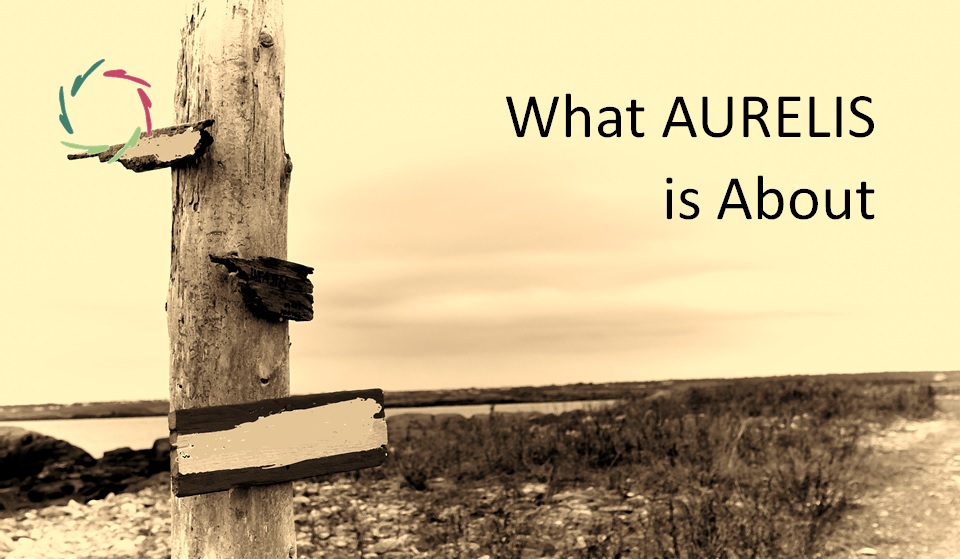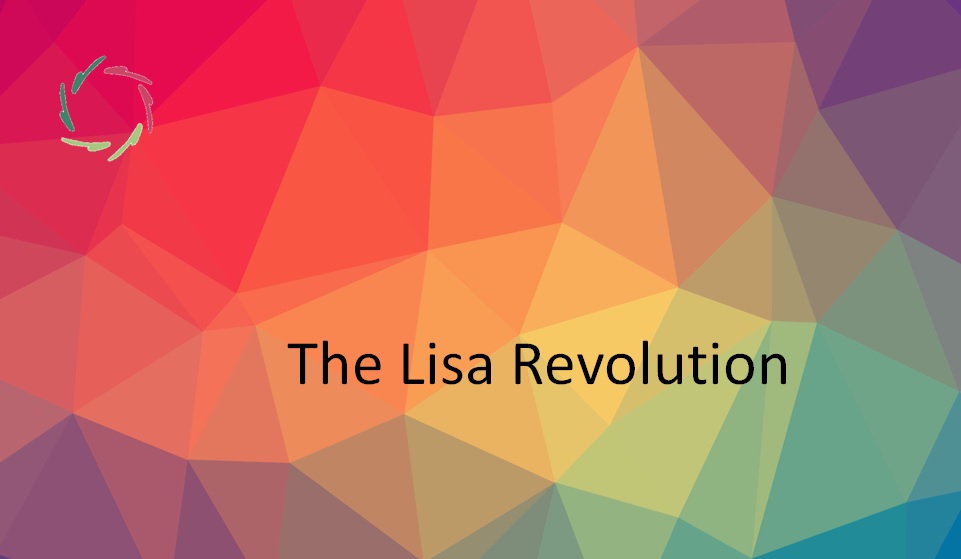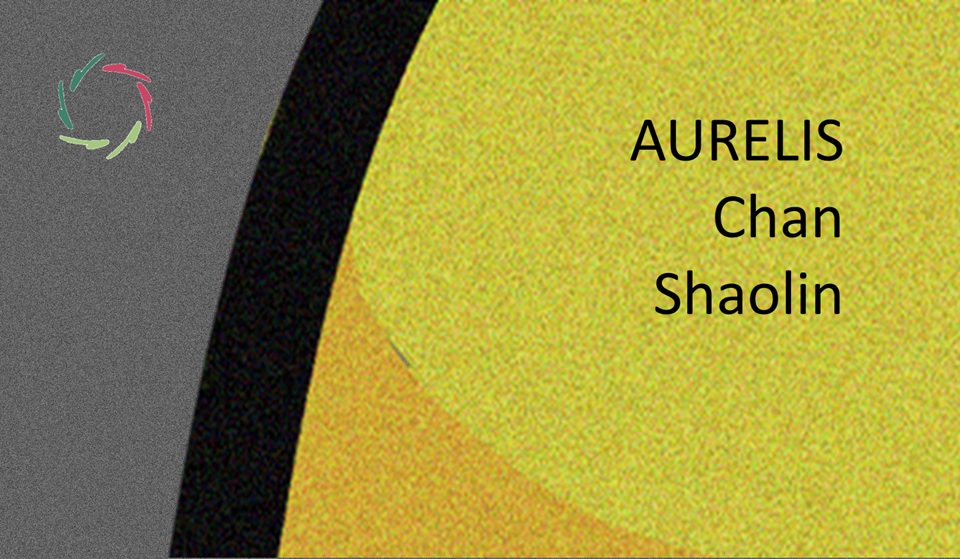Mind – Medicine – 2020

The human mind has always been prominent in health matters. In 2020, more than ever.
In this text, I talk about the ‘mind’ to denote not only conscious awareness but the totality of meaningful processing that goes on mainly (not exclusively) in the brain and that, with an open eye, we would readily see as part of our mind.
Cognitive neuroscience
shows that a lot of meaningful processing goes on, continuously, of which we are indeed not consciously aware. We even see, in research, more and more, the patterns of neuronal clusters that constitute our having a thought, a feeling, a motivation. [Yuste, 2015] [Carrillo-Reid et el., 2019] [Vyas et al., 2020] It’s like the patterns of paint that constitute the art of the painting.
For some 30 to 40 years, much exciting stuff is going on in this domain. I’ve just mentioned two of the most intriguing findings:
- The psyche (mind) and the soma (body) are not two separate things. They are two ways of looking at the same whole (the human being).
- We are not consciously aware of most of what happens in our minds.
This is of utmost importance to health and healing. Yet medicine keeps crunching along in another silo. One can ask why. I don’t have a full answer. Big pharma, among others, but that is just a vehicle, a boat on a cultural stream [see: “Streaming Underneath“]. In the way we treat illness, this stream can be powerfully detrimental. It carries many boats in the same direction.
Stress!
Yes!
If your doctor doesn’t find a physical cause for your illness, you may get either an ‘idiopathic’ diagnosis (meaning: “We know nothing.”) or a verdict of stress.
Most frequently, the latter doesn’t mean anything but: “There is nothing physically wrong. Just relax.” The term ‘stress’ is mainly used to point to a domain not worthy of medicine. That is not a solution to anyone’s problem.
Meanwhile, the mind has arguably become the most frequent cause of people’s mental and physical un-wellness. The mind shows in the body, as the mind is the body, as we just saw.
Stress is an immensely meaningful domain, not an amorphous meaningless blob. Stress happens in mind, a universe inside.
The mind has always been important in medicine.
Two quotes of Shapiro are relevant in this respect [Shapiro et al., 1997]:
- “In a sense, then, the history of medical treatment until relatively recently is the history of the placebo effect.”
- “If everything were known about the etiology of the placebo effect, the terms placebo and placebo effect would disappear and be replaced by a hugely powerful megapsychotherapy.”
The placebo, be it colored water at a Middle-Age market, or the placebo-part of any modern-day medication or procedure, is the mind at work, by definition. Yet it has physical effects, visible in the brain (on scanners) and in the rest of the body. Moreover, one cannot consciously decide to have a placebo effect. It plays a nonconscious game.
Do you recognize our intriguing findings?
Unfortunately, in medicine, nothing much has changed fundamentally in this regard. Even more, the mind has been pushed aside even further. Look at the terminology: ‘psychosomatics’ morphed into ‘functional syndromes,’ which then morphed into ‘medically unexplained syndromes.’ [see: “Medically Unexplained Syndromes“]
In the past years, worldwide, we have seen an avalanche of mental and psychosomatic suffering. The numbers are staggering. A fundamental solution is direly needed.
We still don’t have the megapsychotherapy.
Or be it AURELIS, at which I have been working (intensely) since 1997, indeed, the year of Shapiro’s book. My helicopter view: trying to understand the placebo-effect, then making this available to everyone safely and ethically. Quite forthright. The following is also straightforward:
- In medicine, one can see how far the mind can go, then look at the need for more by way of medical solutions. This can be much sometimes, at other times little.
- At present, the mind is practically nowhere. Thus, the need for more Is vast in many health-related issues.
At present, the need for more is also costly (money, side effects), unsustainable, and most important: It draws people away from looking into themselves. The latter is a vicious circle: It’s hard without support, so people’s choice is for the easy way, so it becomes even more problematic. The present-day solution – also despite good intentions – becomes part of the problem.
2020, the year of the virus
Most people started the year with something very different in mind. For me, it would be the year of ‘coming out’ with my book about A.I., searching for collaborations, developing an A.I.-driven coaching-chatbot (“Lisa“).
Enter COVID, March 2020. And my personal choice to use my background and insight at first to delve into ‘mind over COVID.’ The same here as in many other domains. In research, we know a lot about the influence of the mind on the immune system, inflammation, etc. Even on viral infections of the lungs. [see: “Minding COVID: a Different Story“] In practice however, the mind-as-cause in COVID is nowhere. The mind-as-part-of-management is nowhere. It is being pushed aside as in any other domain of healthcare. Only, now, the result is visibly of such sadness, such sadness in what has been, is, and will come.
So, I wrote a book (MINDING CORONA) and made an app (Aurelis) for free in app stores. Lisa would be welcome as direct support as well as in scientific research.
2020, the year of the mind?
We can still make it so, at least as ‘pivoting point,’ the year in which a disaster shows us a new direction to be threaded on firm, scientific ground. This has been in preparation for a long time.
Humanity deserves it more than ever.
On the other side, it is also more urgent than ever.
Reference
[Carrillo-Reid et el., 2019] Carrillo-Reid L, Han S, Yang W, Akrouh A, Yuste R. Controlling Visually Guided Behavior by Holographic Recalling of Cortical Ensembles. Cell. 2019;178(2):447-457.e5. doi:10.1016/j.cell.2019.05.045
[Shapiro et al., 1997] Arthur K. Shapiro, Elaine Shapiro. The Powerful Placebo: From Ancient Priest to Modern Physician, 1997
[Vyas et al., 2020] Vyas S, Golub MD, Sussillo D, Shenoy KV. Computation Through Neural Population Dynamics. Annu Rev Neurosci. 2020;43:249-275. doi:10.1146/annurev-neuro-092619-094115
[Yuste, 2015] Yuste R. From the neuron doctrine to neural networks. Nat Rev Neurosci. 2015;16(8):487-497. doi:10.1038/nrn3962


